10 Cool Open-Source Startups

The New Faces Of Open Source
When you say "open source," the first thing that comes to mind is probably Linux, maybe the Firefox browser or the MySQL database. But if you name any category of software, from ERP, to business intelligence, to content management, there's most likely an open-source alternative out there.
Some open-source product developers have been around for a while. Talend, a provider of open-source data integration and management tools, was founded in 2005, for example, while open-source business intelligence application vendor Pentaho was launched in 2004.
But the open-source software arena is a dynamic place and there's always new technologies bubbling to the surface -- and new companies that build businesses around those technologies. Here's 10 we think you'll be hearing a lot more about.
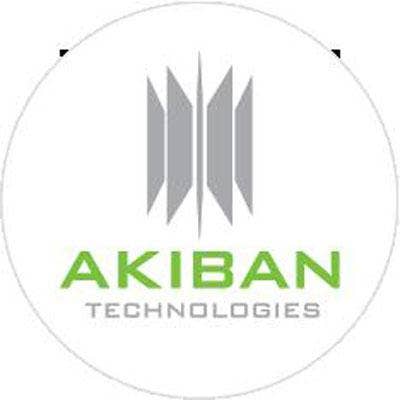
Akiban Technologies
This company is so new it really hasn't debuted a product yet. Boston-based Akiban is developing database virtualization technology that will make it possible to scale up maxed-out relational database systems in virtualized or cloud-computing environments.
"Breaking through the SQL scalability barrier" is how the stealthy startup's Website describes its approach, which will distribute data across servers, eliminate the cost of frequently used SQL joins and automate schema optimization -- all without the need to change application code.
Founded in 2009, Akiban is funded by venture capital firms Foundation Capital and North Bridge.
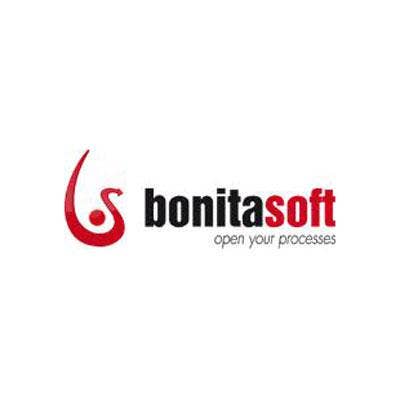
BonitaSoft
Business process management (BPM) software has been a hot technology in recent years, led by such vendors as Pegasystems, Savvion (now owned by Progress Software) and Lombardi (now owned by IBM).
BonitaSoft, launched in 2009 and based in Grenoble, France, aims to provide an open-source alternative to commercial BPM products. The company is built around the open-source Bonita project developed at the French National Institute for Research in Computer Science and Control.
There's been a lot of churn and consolidation in the BPM application market and IT managers shopping for BPM technology may be looking for an open-source alternative. BonitaSoft could be it. The company has raised $3 million in first-round funding and recently opened a U.S. office in San Francisco. This week BonitaSoft said it’s open-source BPM application had been downloaded 500,000 times.
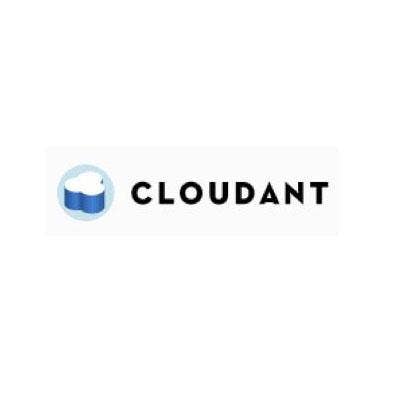
Cloudant
A new generation of "NoSQL" databases that don't require fixed table schemas is challenging the dominance of traditional relational databases (including the popular MySQL). They include Cassandra, MongoDB and the Apache Software Foundation's CouchDB.
Cloudant sponsors the CouchDB project and its fault-tolerant, document-oriented database software. The company, founded in 2008 by two MIT Ph.D. students, provides both on-premise and on-demand database systems based on CouchDB. The Somerville, Mass.-based company recently raised $1 million in seed money.
Cloudant's BigCouch, for example, is a free download with added clustering capabilities. Other versions of the software, including a version for building private clouds, have a monthly fee attached for the software and support services.
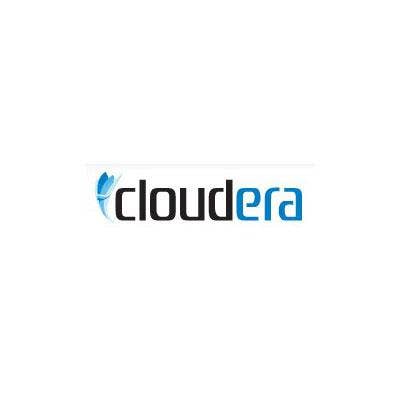
Cloudera
Businesses, research organizations and academic institutions with serious number-crunching computing needs are increasingly turning to Hadoop, the open-source framework for building distributed, data-intensive applications. Hadoop, an Apache project, offers a way to divvy up those computing tasks across large numbers of commodity servers.
Cloudera, perhaps the most established startup on our list, develops and distributes a commercial version of Hadoop. The Burlingame, Calif.-based company was founded in late 2008 by a number of big-data experts from Facebook (including Jeff Hammerbacher, who led the team that developed the company's statistics and machine learning applications), Google (including Christophe Bisciglia who headed up the company's Academic Cloud Computing Initiative), Oracle and Yahoo.
Equally impressive is the roster of the company's backers, including VMware founder Mendel Rosenblum and former MySQL CEO Marten Mickos. Last month the company raised $25 million in third-round funding.

FuseSource
Perhaps the newest company on our list, FuseSource Corp. was spun off from Progress Software Corp. just last month as a wholly-owned subsidiary. FuseSource's charter is to sell commercial versions of open-source middleware software from the Apache Software Foundation.
FuseSource will follow the Red Hat model, providing certified distributions of the integration and messaging software on a subscription basis with added services and support.
Progress determined that FuseSource's business is so different from the parent company that the best way to serve FuseSource's customers and community members would be to set the organization free as a semi-independent entity. Larry Alston, a veteran of management positions at EnterpriseDB and Iona, was named president of FuseSource.

Kaltura
New York-based Kaltura developed what the company calls the first open-source online video platform that allows users to interact and collaborate using rich media. The technology is built on the collaborative Wiki model, but uses media rather than text.
The Kaltura system includes video players, video editors, a content management system, development tools and other software. In July of this year the company said its free Kaltura On-Prem Community Edition Video Platform, including supportive widgets, applications and plug-ins, had been downloaded more than 120,000 times since its debut one year earlier. This year the company launched version 2.0 of the community software.
The company, which maintains a development team in Israel, sells a commercial version of the software combined with services such as streaming, hosting, transcoding, analytics, ad serving, professional development, and support and maintenance packages.

OpenGamma
OpenGamma is an open-source platform for building financial analytics and risk management applications for anyone actively trading in global markets. Founded in 2009, the London, U.K.-based startup came out of stealth mode earlier this year and is currently offering the OpenGamma Platform on an early adopter basis.
The OpenGamma Platform's value proposition is that it lets developers focus on developing business-specific functionality rather than dithering with generic analytics-related infrastructure. The OpenGamma system can be used as a comprehensive risk management and analytics solution for ad-hoc and pre-trade analysis, live risk and analytics, and batch and overnight risk reporting, according to the company. But it also can be customized to a trading firm's specific analytics needs.
Now if only Wall Street had had this before the financial industry collapsed in 2008…
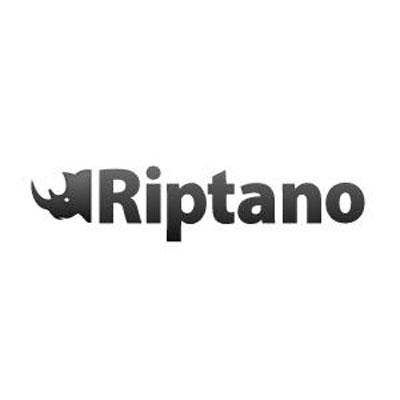
Riptano
Another startup in the realm of "NoSQL" next-generation databases, Riptano is building a commercial business around the open-source Apache Cassandra database for storing and analyzing huge volumes of data.
Cassandra was originally developed by Facebook, which released the code as an open-source project in 2008. Eschewing the relational architecture upon which today's mainstream databases are built, Cassandra was designed to manage large amounts of information generated by Websites using hundreds or even thousands of inexpensive servers.
Riptano, which received $2.7 million in an initial round of financing last month, offers a range of professional services, training and support for users of the Cassandra database. It's based in Austin, Texas.
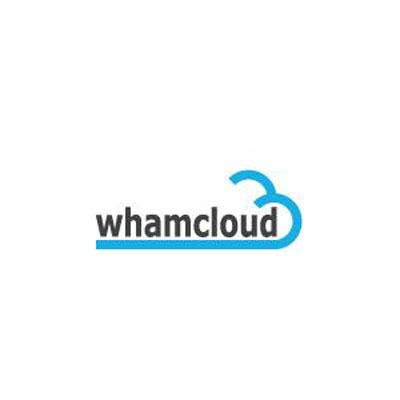
Whamcloud
Whamcloud is building commercial support and services around Lustre, the open-source, massively parallel file system that's a key data storage technology within many supercomputing installations. Lustre, previously owned by Sun Microsystems and offered as an open-source technology, is now owned by Oracle.
Lustre offers input-output bandwidth, performance and scalability that goes way beyond most commercial data storage products. While it's largely used in scientific and academic environments today, the rapid growth of data volumes generated by businesses is creating a need for commercial storage systems with Lustre's capabilities.
Whamcloud was founded in June by some of the leading thinkers in the Lustre space. CEO Brent Gorda came from the U.S. Dept. of Energy where he oversaw the use of Lustre at the Lawrence Livermore National Laboratory, and CTO Eric Barton was chief architect for Lustre at Sun. The company, based in Danville, Calif., received $10 million in venture funding in September.
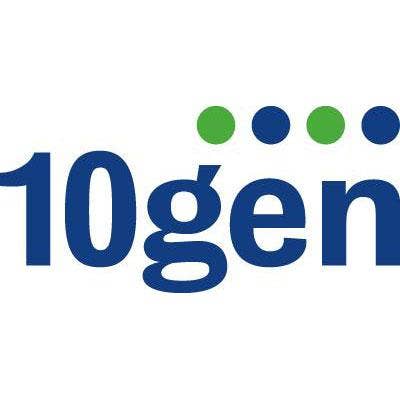
10gen
Startup 10gen develops and supports MongoDB, another entrant in the NoSQL database arena (along with Cassandra and CouchDB). 10gen delivers technical support, professional services and training for commercial-grade deployments of MongoDB.
Launched in March, MongoDB, which gets its name from "humongous," is is part of AlleyCorp, a network of affiliated companies founded by Kevin Ryan and Dwight Merriman, the former CEO and CTO of DoubleClick. Merriman serves as CEO of the New York-based 10gen, which has received $4.9 million in two rounds of venture funding.